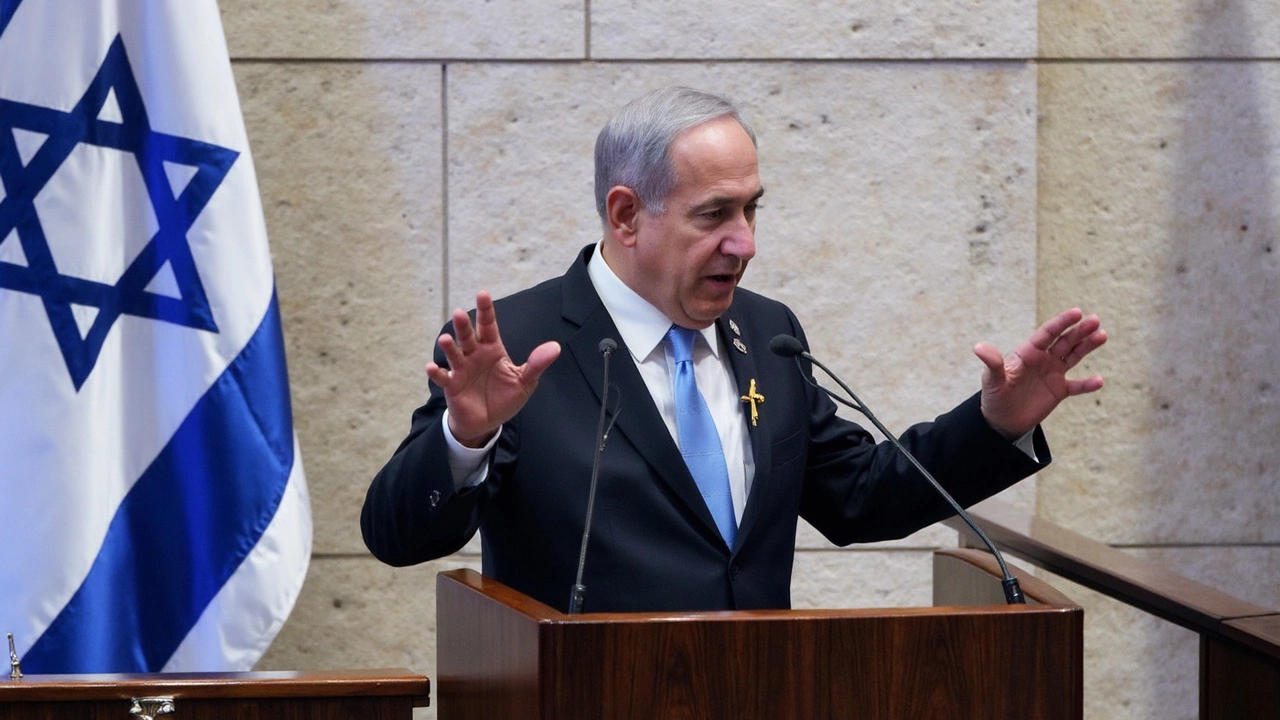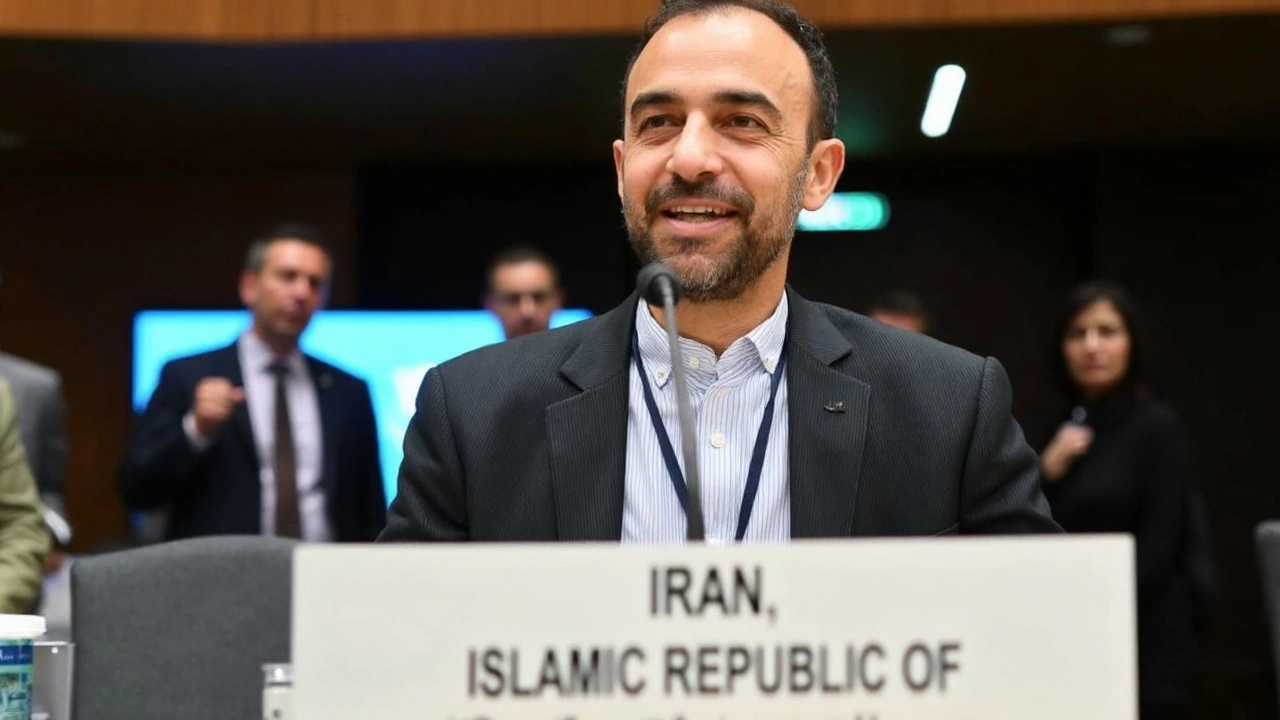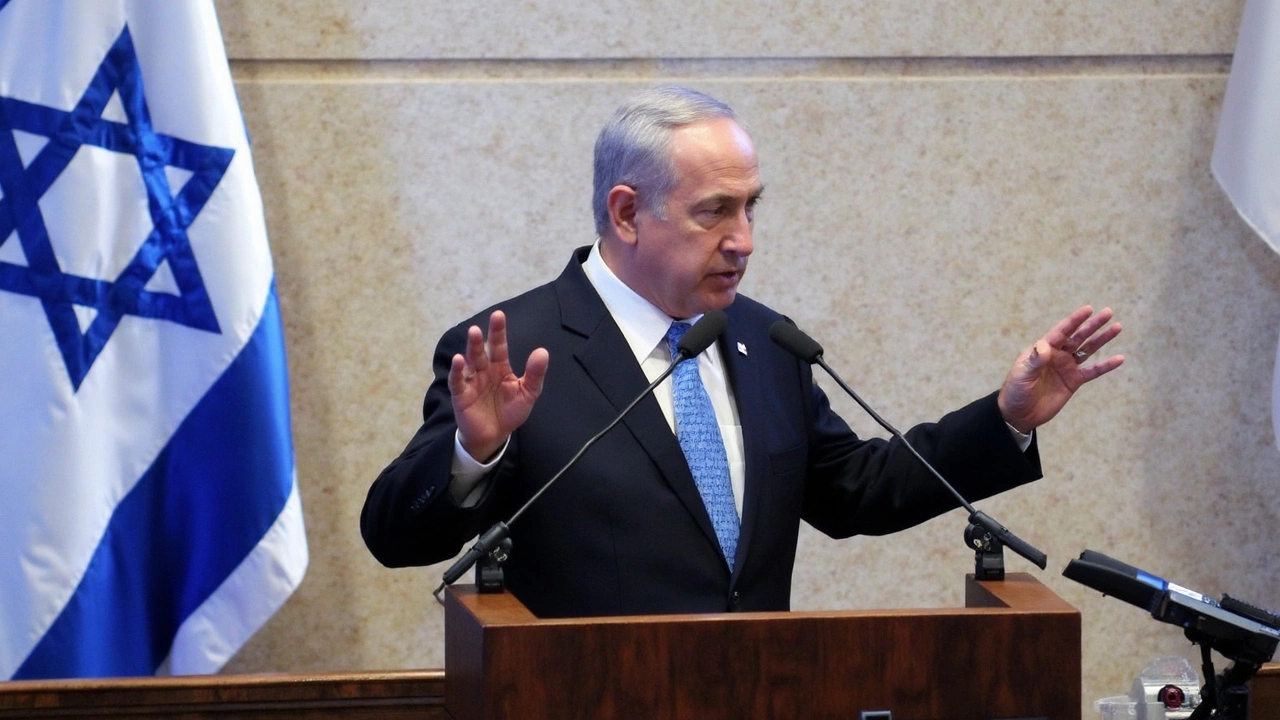Israel’s Sudden Assault on Iran’s Nuclear Program
Before dawn on June 12, 2025, Israel launched what officials called a decisive preemptive strike against Iran’s expanding nuclear infrastructure. Explosions thundered over key sites deep inside Iranian territory — the result of months of calculated military planning. The world awoke to headlines hinting at the dawn of a possible new conflict in the Middle East.
Prime Minister Benjamin Netanyahu, in a somber televised address, accused Tehran of plotting to cross nuclear red lines. According to Israeli intelligence, Iran’s stockpile of enriched uranium had reached levels able to fuel up to nine nuclear bombs, with weaponization steps reportedly underway. While Iran has long denied any intent to develop nuclear weapons, Israel insists it cannot afford to gamble with its survival.
The Israel Defense Forces (IDF) said their operation focused on disabling centrifuge cascades, command bunkers, and advanced missile silos. Military sources described a coordinated effort using precision-guided munitions, electronic warfare, and special operations teams. Early reports from Iran described fierce blasts at Natanz, Fordow, and other hidden nuclear complexes, though Tehran downplayed the extent of the damage.

International Reactions and Uncertain Fallout
The International Atomic Energy Agency (IAEA) quickly confirmed spikes in uranium processing just days earlier, validating Israel’s warnings for some but further muddying the global response. Iran hastily convened an emergency meeting, gaining backing from Russia and voicing outrage over what they called an act of open aggression. State media called for national unity and pledged swift retaliation, but details about the strike’s effectiveness remained sketchy.
U.S. officials, meanwhile, tried to manage the diplomatic storm. Washington has spent years trying to repair the nuclear deal with Iran, and the Israeli strike arrived just as talks reached a breaking point. Anxious voices in the White House signaled frustration that Israel didn’t wait for negotiations to play out, fearing an uncontained spiral of violence. Yet inside Jerusalem, few doubted the necessity of bold action as the window to stop Iranian nuclear progress appeared to close.
The build-up to this attack was hardly spontaneous. Israeli intelligence pivoted sharply after its analysts assessed that a U.S.-brokered agreement with Iran was unlikely, prompting the IDF to rehearse complex, deep-strike scenarios for months. Netanyahu huddled with generals and defense chiefs in secret sessions, weighing the prospect of direct American support or blowback. The consensus: delay could prove fatal. The stakes, as spelled out by security officials, hinged not just on stopping Iran short of building a bomb, but also on sending a message — Israel would not back down, whatever the cost.
As the world reacts to this strike, questions swirl about what happens next. Iran’s capacity for retaliation remains considerable, and groups allied with Tehran could flare up on Israel’s frontiers. Gulf states are on alert, wary of a wider regional confrontation. For now, though, Israel’s gamble is clear: take out the threat before Iran regains its footing, even if it means moving alone. The Middle East, once again, sits on edge, confronting the unpredictable consequences of a high-stakes military gamble over nuclear ambitions.

